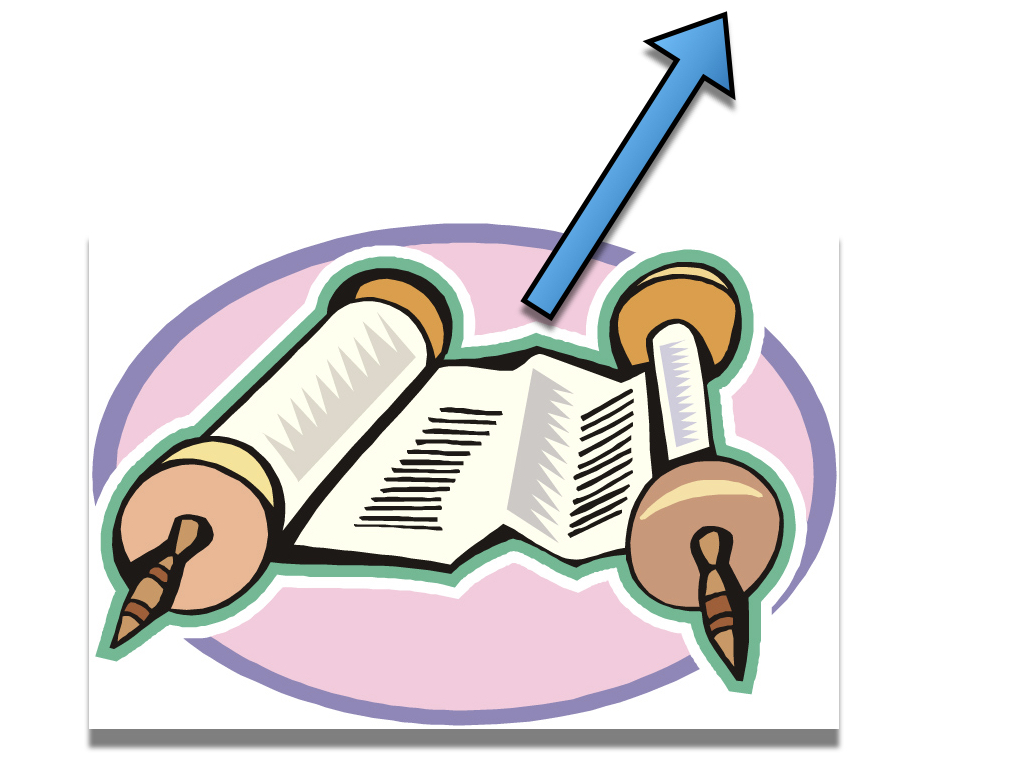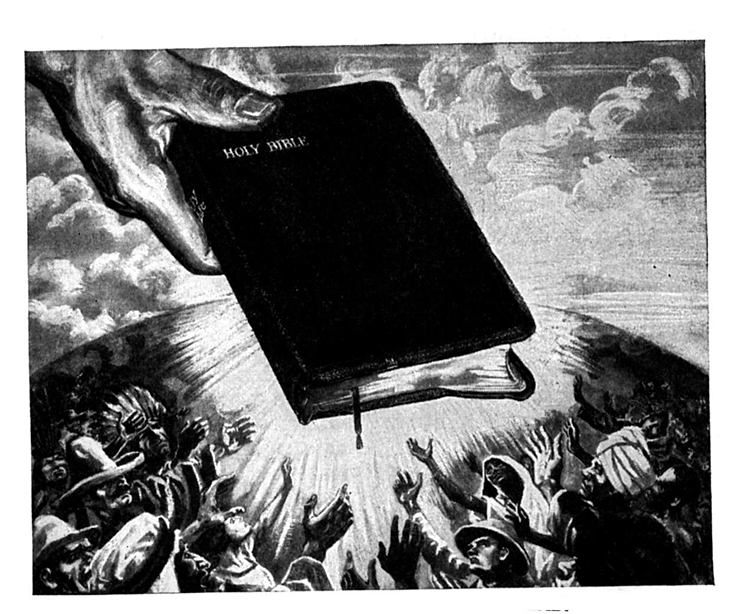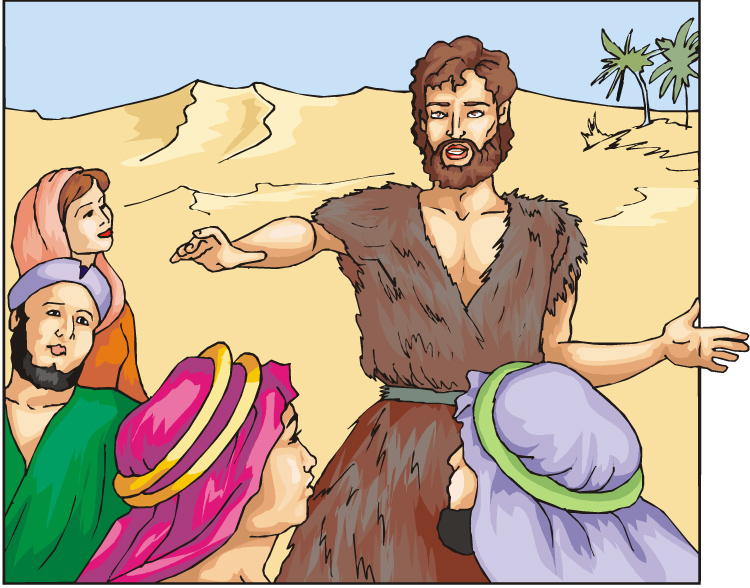
This is a teaching that every saint who is returning to the biblical, Torah roots of their faith needs to read. Why? So they don’t become hyper-focused on the dos and don’ts of the Torah-law, become legalistic, become head-knowledge-oriented people who have forgotten the spirit and heart of the law, become those who end up bowing down to the idol of intellectualism, and, most importantly, so they don’t forget the centrality of the gospel message with Yeshua the Messiah at its center. Natan
Matthew 23:23, Weightier matters of the Torah. What are the weightier matters of the Torah? Torah is not an end-all. It is a vehicle that leads us to something. What is that? What really matters to YHVH when all is said and done???? It is the greater Torah or the higher Torah. The Gospel of Matthew (23:23) records that Yeshua rebuked the religious leaders of his day for their not following the higher Torah. What did Yeshua really mean by “the weightier matters of the Torah”?
What Is the Ultimate Goal of the Torah?
A strict obedience to the Torah is NOT the ultimate goal the Torah! The Torah, as wonderful as it is, points us to something even better and higher!
What are the weightier matters of the Torah? Perfect obedience to the Torah is not the ultimate goal of the saint. The Torah is merely a vehicle to lead us to something. What is that? What is the greater Torah, the higher and the highest Torah? What really matters to YHVH when all is said and done???? The Gospel of Matthew (Matt 23:23) records that Yeshua rebuked the religious leaders of his day for their not following the higher Torah.
Woe unto you, scribes and Pharisees, hypocrites! for ye pay tithe of mint and anise and cumin, and have omitted the weightier matters of the Torah, judgment, mercy, and faith: these ought ye to have done, and not to leave the other undone.
What did he really mean by “the weightier matters of the Torah”?
The Deeper Meaning of the Word “Torah”
Almost every place where you see the word “law” in the Old Testament (or Tanakh), it is the Hebrew word “Torah.” This word is used 219 times in the Tanakh, and in almost every case it is translated in the KJV and in most other English Bibles as “the law.” Is this all this word means? Is “law” even its main definition according to the Hebrew?
Let’s begin to answer this question by asking another one. When you think of the term “the laws” what comes into our mind: good thoughts or bad thoughts? Do you think of a list of dos and donts—what you are legally permitted to do and not to do? Do you think of red and blue flashing lights and a sirens? Or a man in a blue uniform with a star and a gun? A black-robed judge with a gavel? A prison or jail cell? If so, these can be scary thoughts!
Let’s see what the word “Torah” really means according to the Scriptures.
In Proverbs 13:14, the Bible tells us that the Torah is the fountain of life and keeps one and keeps one from the snares of death. This doesn’t sound like a bad thing, does it? It fact, it sounds really good!
Next start open your Bible to Proverbs 1:7 where we read that the fear of Elohim is the beginning of wisdom. In verse 8, Solomon urges us to not forsake the law. The word law in this verse is Torah. Continue reading what Solomon teaches us about the benefits of YHVH’s instructions and wisdom found in the Torah. Start reading in verse 9 to the end of chapter. Here he is talking about the path of sinners (those who lawless or Torahless). Next start reading in chapter three and continue to the end of chapter four. Whenever you see the words “law,” “instruction,” “wisdom,” “instructions” “commandments,” “truth,” “mercy,” “knowledge” or “words” think of Torah, for that is what these words are referring to. Does this sound like the Torah-law of Elohim is a bad think that should evoke thoughts and emotions of fear and anxiety in a person? Or does the Bible view Torah as a fountain that brings life, wisdom, mercy, truth and knowledge?
On our journey to discover what is the higher Torah, let’s turn to Psalm 119. Perhaps no other biblical chapter explains the ramifications and extols the virtues of the Torah more than this psalm of David.
Based on Psalm 119 and Proverbs chapters one through three, what are the blessings and benefits of Torah-obedience?
- It takes away feelings of shame, guilt, reproach and contempt. (Ps 119:6, 22)
- It gives us an upright (straightness of) heart. (Ps 119:7)
- It cleanses one’s ways and keeps a one clean. (Ps 119:9)
- It keeps us from sinning against YHVH. (Ps 119:11)
- It brings delight and joy. (Ps 119:24, 70, 77, 162, 174)
- It gives us the ability to answer those who reproach (taunt, defy, rail against) us. (Ps 119:42)
- It gives us freedom (a large or broad area to walk in). (Ps 119:45, 96)
- It allows us to speak wisely before leaders. (Ps 119:46)
- It brings us comfort. (Ps 119:52)
- It gives us something to sing about (Ps 119:54)
- It brings hope. (Ps 119:74, 81)
- It makes us wiser than our enemies. (Ps 119:98)
- It gives us more understanding than our teachers and the ancients. (Ps 119:99, 100)
- It keeps our feet from evil. (Ps 119:101)
- It gives light to our path. (Ps 119:105; Prov 6:23)
- It helps to order our steps and keeps sin from having dominion over us (Ps 119:133)
- It shows us what truth is. (Ps 119:142, 151)
- It gives something to love. (Ps 119:159, 163)
- It causes us to hate evil. (Ps 119:163)
- It gives us great peace. (Ps 119:163)
- It defines righteousness for us and gives us understanding as to what righteousness is. (Ps 119:172; Prov 2:9)
- It brings an understanding of the fear of Elohim, which is the beginning of wisdom (Prov 1:7; 2:5)
- It gives us discretion (purpose, to know the difference between good and evil). (Prov 2:9)
- It delivers us from the way of the evil man. (Prov 2:12)
- It will keep us from the strange woman (a metaphor for sin or wickedness). (Prov 2:16)
- It shall bring long life and peace. (Prov 3:2,16)
- It shall give you favor and good understanding in the sight of Elohim and man. (Prov 3:4)
- YHVH will direct your paths. (Prov 3:6)
- It shall bring you good health physically. (Prov 3:8)
- It will bring you physical wealth (because you tithe to YHVH). (Prov 3:9–10, 16)
- It brings the loving correction and chastisement of YHVH. (Prov 3:11–12)
- It brings happiness. (Prov 3:13, 18)
- It brings honor (glory, abundance, riches). (Prov 3:16)
- It is a tree of life. (Prov 3:18)
- It brings life to your soul and grace (favor) like an ornament around the neck (Prov 3:22)
- It will cause you to walk safely so that your foot will not stumble. (Prov 3:23)
- It will make you so that you are not afraid—so that you can sleep safely at night and have sweet sleep. (Prov 3:24)
As we can see so far, the Torah is more than merely a list of dos and don’ts. It brings Continue reading →





